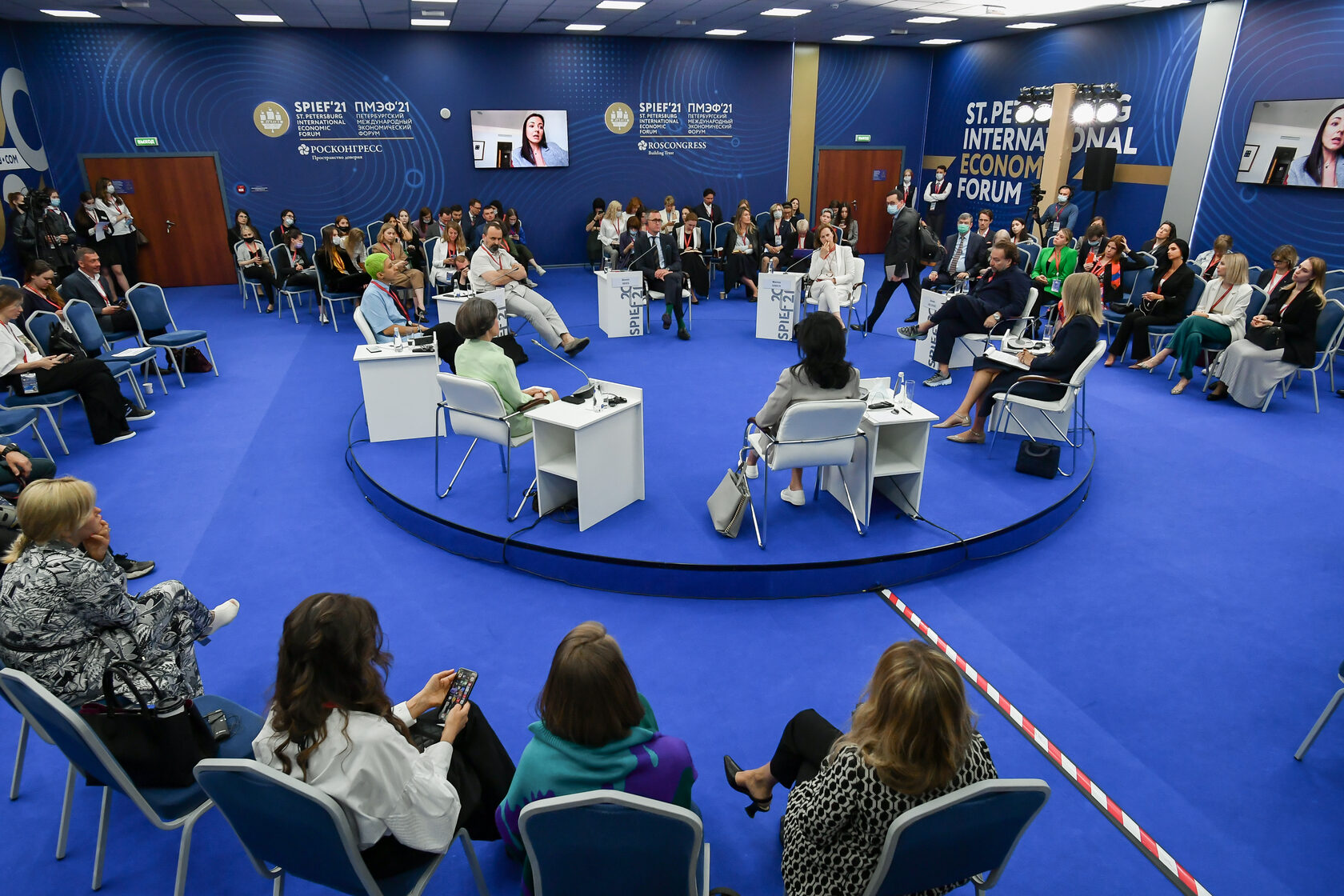Russian and international leading representatives of the art industry discussed the role of the state in the development of the art market, the potential of Russian cities, “art in the city” impact on the creative economy, social sphere, tourism and business, as well as factors that determine the arrival of global art figures to the city.
Panelists:
● Simon de Pury (online), auctioneer, art-consultant, curator. Ex-head of Sotheby's in Europe and Phillips de Pury auction houses. Now run his own “de Pury” company;
● Ali Gureli (online), founder and owner of Contemporary Istanbul;
● Sophia Trotsenko, founder of the WINZAVOD Center for Contemporary Art, Member of the Board of the Association of Galleries;
● Dmitry Aksenov, patron, owner of the Viennacontemporary fair, Aksenov Family Foundation founder, Chairman of the Board of Directors in RDI Group;
● Ekaterina Trofimova, Deloitte CIS partner;
● Sabina Chagina, curator of the URBAN ART direction of the Winzavod Fund for the Support of Contemporary Art, founder of the street art biennale ARTMOSPHERE;
● Sergey Kuznetsov (online), the chief architect of Moscow;
● Marina Gisich, founder and owner of Marina Gisich Gallery, Member of the Board of the Association of Galleries;
● Irina Volskaya, Fragment Art Club founder;
● Jovan Jelovac, Belgrade Design Week (BDW) founder and owner;
● Simon Rees, Art Director of the International Contemporary Art Fair “Cosmoscow”, curator.
The discussion was moderated by Ksenia Sobchak.
Key messages:
Simone de Pury: “When you have a well-developed ecosystem that consists of powerful cultural institutions, commercial art galleries, auction houses, collectors and, importantly, ideal working conditions for the artists themselves, then you will not develop cultural life only, but also create a magnet, which in turn
aises the local economy. "


Ekaterina Trofimova: “We can't exclude a possibility of the traditional commodity model to be replaced by a creative one in future. But it is necessary to transform the industrial character of the urban environment into an infrastructure that is conducive to development of creative industries. Winzavod, Strelka (Red October), Flacon, ArtPlay can be considered as prime examples. Thus, the effective using of the country's cultural heritage, the transformation of unused Soviet industrial facilities, the creation of intangible assets among small and medium-sized businesses will strengthen the economy, and therefore improve the quality of life, increase the number of jobs, involve new generations in the creative process and ensure the development of regional cultural tourism."
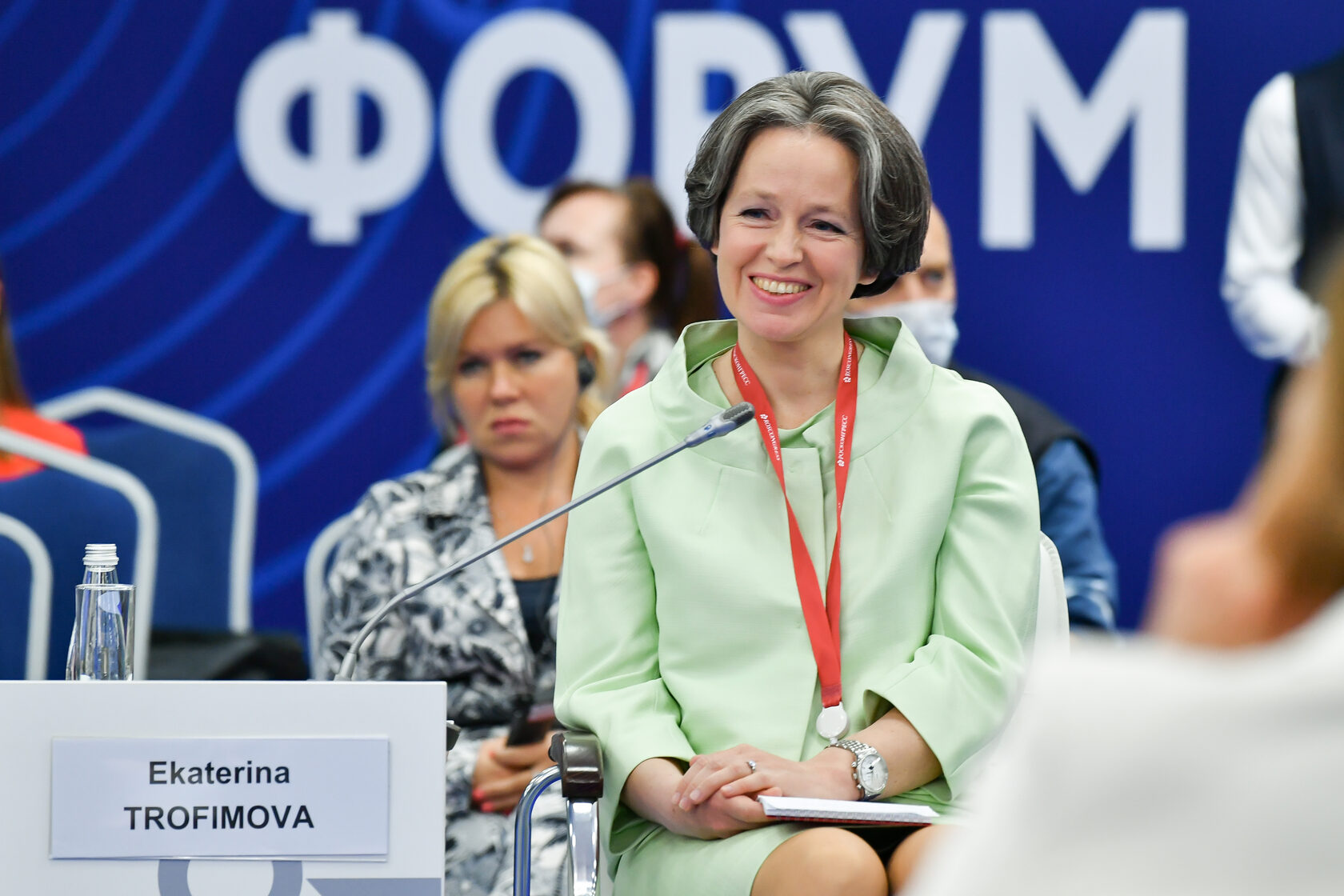
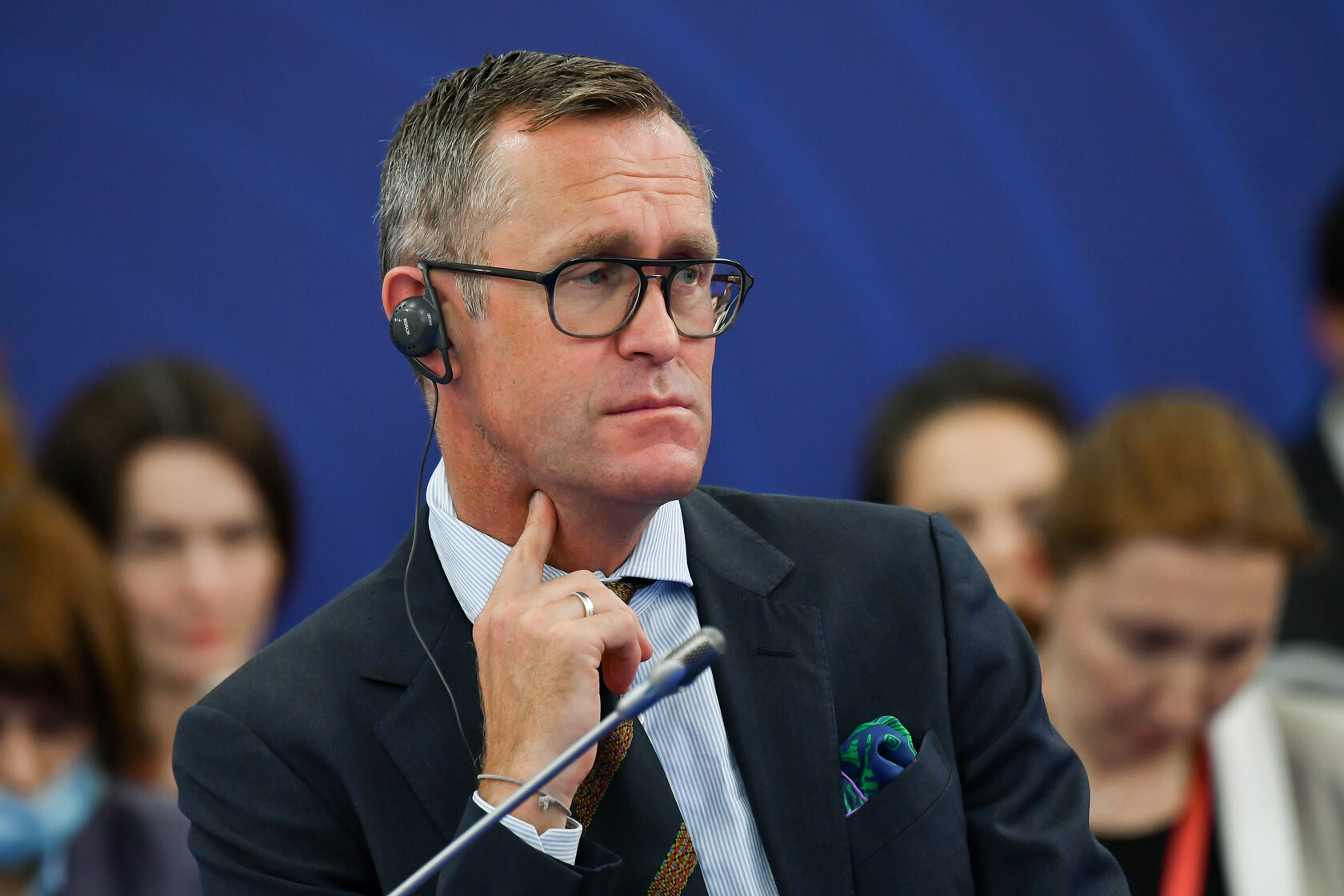
Ali Gureli: “Culture and art are “soft power”. And it turns out to be more effective than economic and political forces, it exactly attracts people and develops the quality of city life."
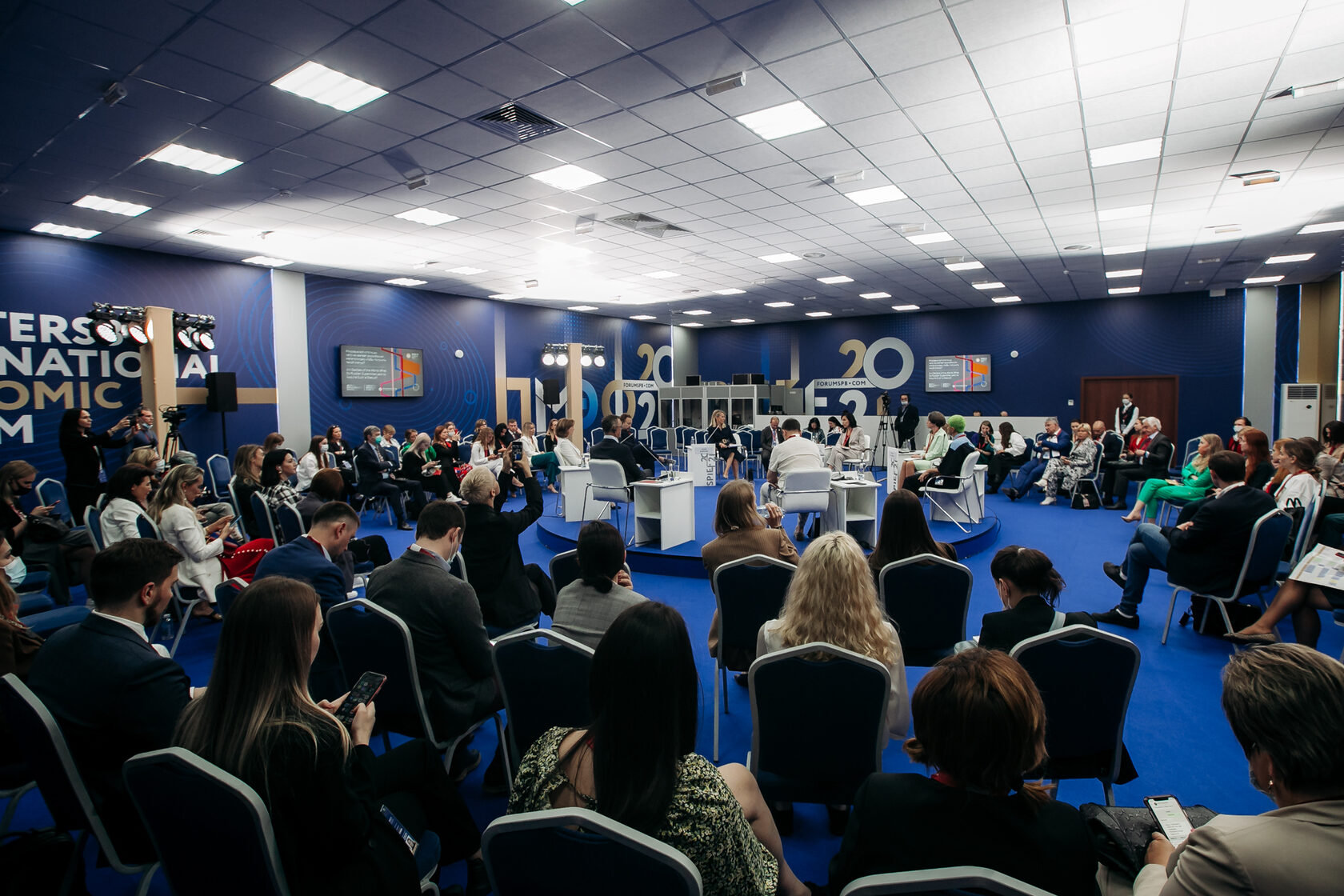
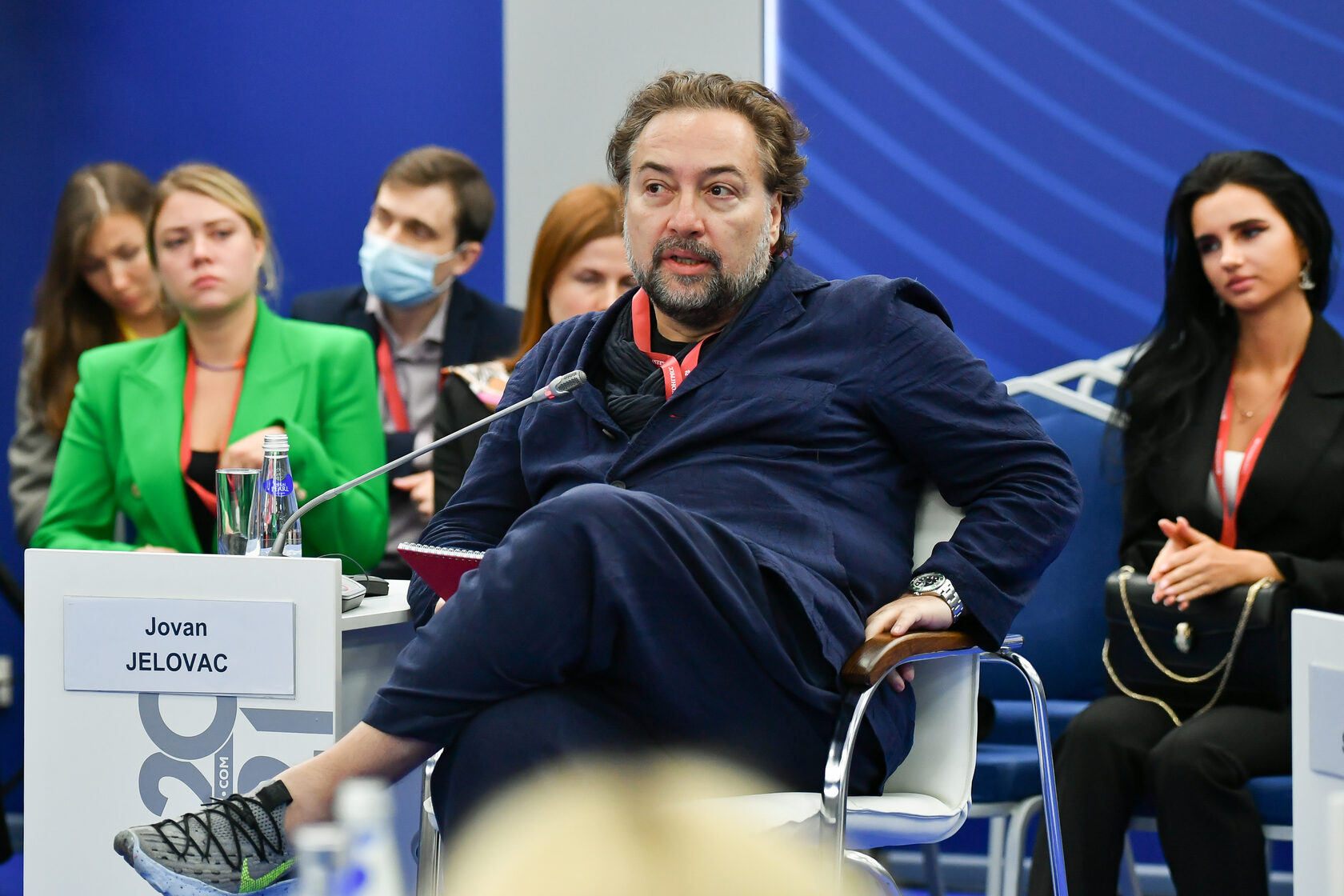
Dmitry Aksenov: “The indirect influence of the art industry on the city’s economy can be much more meaningful. Improving local infrastructure income causes growing demand for housing, hotels, restaurants, cafes, shops, service sector. The reputation of a creative and innovative environment is being created in the region, in turn, it is an attractive factor for new talents, businesses and investors. Thus, in the process of Creative Industries Cluster Development, the positive feedback is created. This situation may create long-term competitive advantage for the regional economy at the time of global competition for talents.”


Sofia Trotsenko: “The importance of Winzavod as an art cluster for the development of creative industries and art business have become obvious during 15 years of its growth. Omitting all obvious introductory, working together for growth is becoming relevant these days. The city map is saturated with spaces of positive influence and, in my opinion, it is important to learn how to combine the increased competencies of all participants for scaling and further development, including conditions of healthy competition. Claiming the world art-capital status requires a special infrastructure for the development of creative industries that will begin to attract business and expert communities from all over the world. And I see the willingness of the art-community and the state to develop in this direction. "

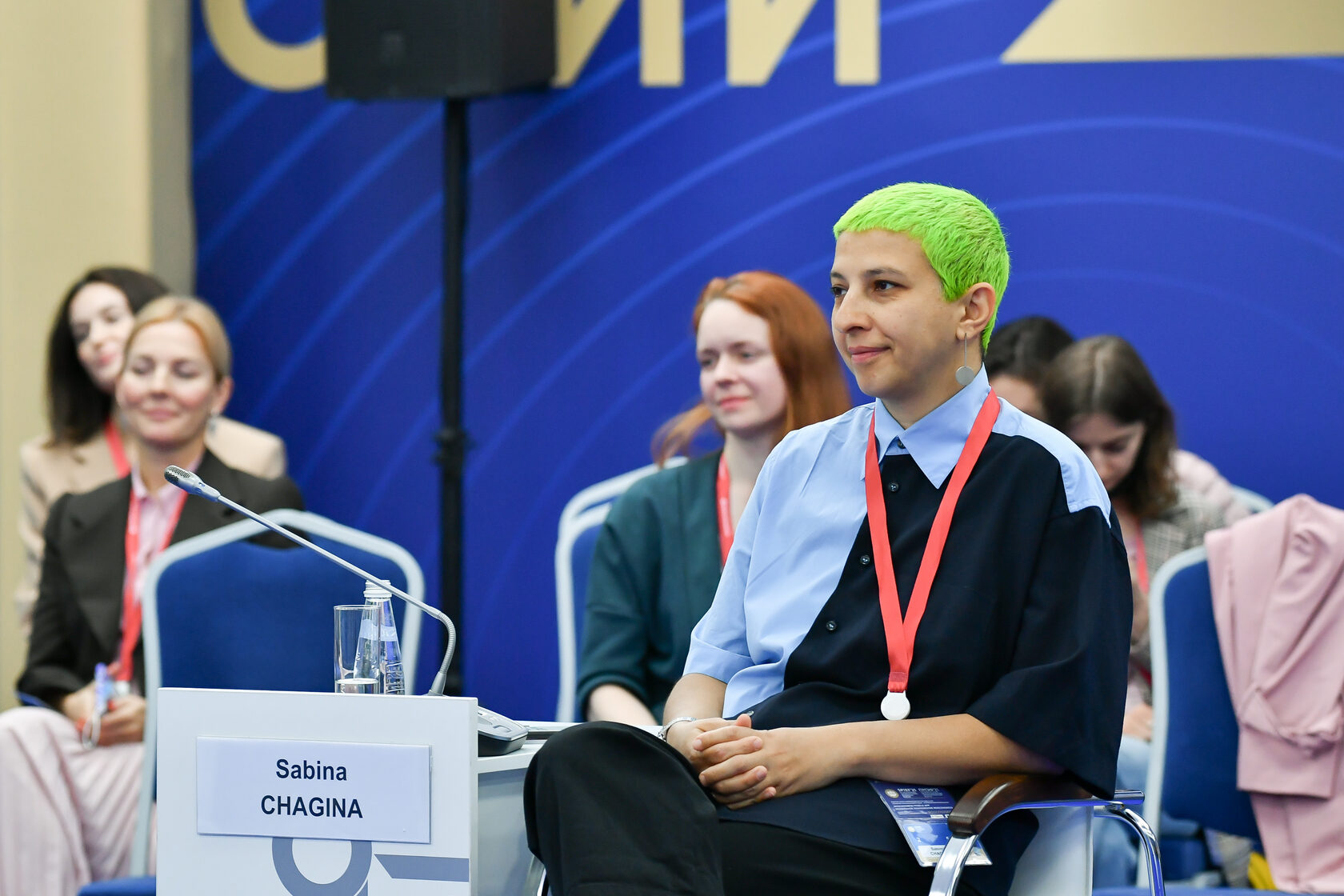
The Association of Galleries is a professional group of russian gallerists which was created to represent art industry’s interests at private, governmental and international levels. The Association currently includes twenty leading Russian galleries and The Winzavod Center for contemporary art (Moscow).
The Creative Business Forum — business-like event which brings together creative industry’s world leaders, art imagineers, business representatives and authorities to discuss creative industry’s key issues.
The Creative Business Forum was held for the first time in September 2020 as part of Russian Creative week. The international partner of the Forum was INTERNI Designer’s Week Milano, an event supported by Design Miami, Venice Biennale and Art Basel.
St. Petersburg International Economic Forum (SPIEF) — a unique event in the business and economics world.
SPIEF has been held since 1997, and since 2006 under the patronage and participation of the President of the Russian Federation.
Over the years, the Forum has become the leading world’s platform for business interlocutors and discussions on key economic issues facing the Russian Federation, emerging markets and the world in general. The dates of the XXIV St. Petersburg International Economic Forum are 2-5 June 2021.
